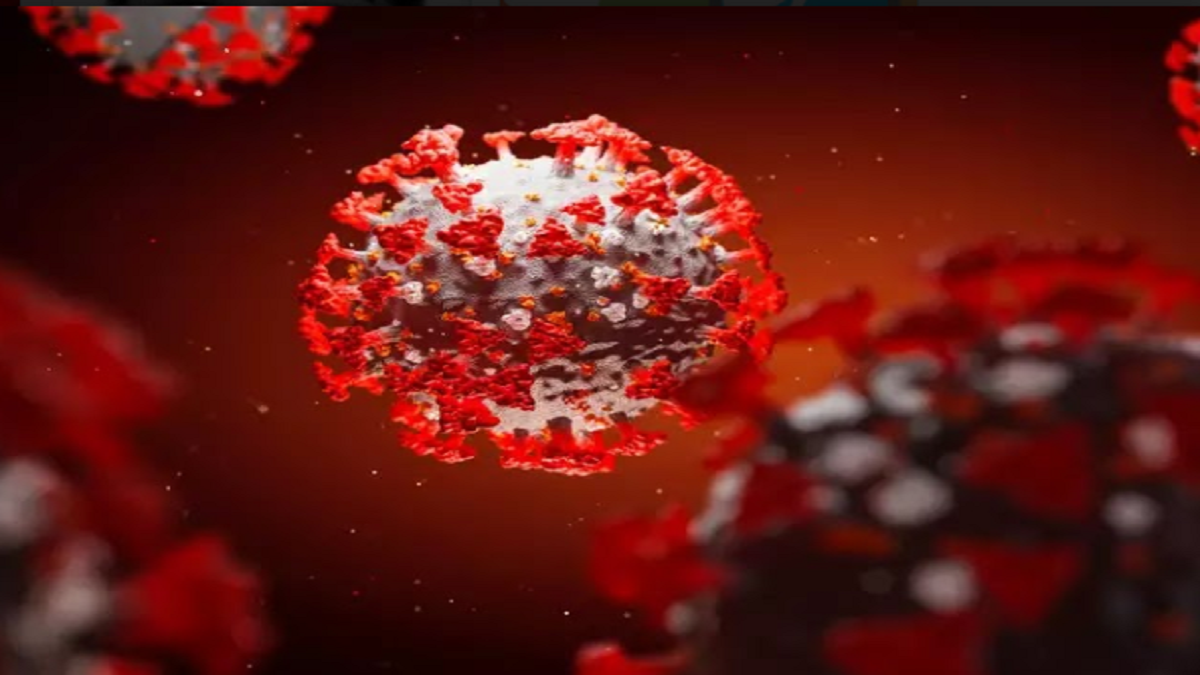


India may be entering an endemic stage of Covid-19, with low or moderate level of virus transmission, Chief Scientist of the World Health Organization (WHO) Dr Soumya Swaminathan said on Tuesday.
The endemic stage is when a population learns to live with a virus, which is in sharp contrast to the epidemic stage where the virus overwhelms a population.
In an interview to news website The Wire, Swaminathan said that given the size of India and heterogeneity of population and immunity status in different parts of the country, it is “very very feasible” that the situation may continue like this with ups and downs in various parts of the nation. “We may be entering some kind of stage of endemicity where there is low-level transmission or moderate level transmission going on but we are not seeing the kinds of exponential growth and peaks that we saw a few months ago,” she said.
Swaminathan said that she hopes that by the end of 2022 “we would be in that position that we have achieved vaccine coverage, say 70 per cent, and then countries can get back to normal”.
On prevalence of Covid among children, Swaminathan said parents need not panic. “We can take from the sero survey and what we learnt from other countries also that while it is possible that children could get infected and transmit, children luckily have very mild illness most of the time and there is a small percentage that gets sick and get inflammatory complications and few will die but much much less than the adult population…But it is good to prepare… preparing hospitals for paediatric admissions, paediatric intensive care is going to serve our health system in many ways for other illnesses children have but we should not panic about thousands of children crowding into ICUs,” she said.
On clearance to Covaxin, she said the decision can be made hopefully by mid-September. “The Bharat Biotech submitted their data in the third week of July which was the first data set, then there was an updated data set that came in the middle of August. The committee has gone back to the company with some questions which they must be in process of answering now. I think the technical advisory group that ultimately approves will meet in the first 10 days of September and so we are hoping it happens soon after that,” she said.
“So by the middle of September I am thinking, and the reason it took longer was because of back and forth and the need for more data requested from the company and this is the usual process. People think it is taking longer for Covaxin than for others but that is not the case… each company that applied for EUL (Emergency Use Listing) had taken this period of 4 to 6 to 8 weeks to get all the data needed,” she said.
As for the third wave, she said that no one has a “crystal ball” and it’s impossible to predict a third wave. “It will be impossible to predict when, where the third wave will be upon us and if at all a third wave will come. However, you can make an educated guess on some of the variables that have an impact on transmission,” she said.
On booster doses, Swaminathan said that there are both scientific and moral, and ethical reasons for not rushing into boosters.
In the meantime, India on Tuesday reported 25,467 new Covid-19 cases in the last 24 hours, taking the overall tally to 3,24,74,773, said the Union Ministry of Health and Family Welfare.
India’s active cases currently stand at 3,19,551. The active caseload is the lowest in 156 days. It accounts for less than 1 per cent of total cases, currently at 0.98 per cent, which is the lowest since March 2020. With 39,486 recoveries during the last 24 hours, the country also registered the highest ever recovery rate of 97.68 per cent since the start of the pandemic.
According to the health ministry, as many as 3,17,20,112 people have recovered from the disease so far. The country also reported 4,35,110 deaths from the infection so far of which 354 people died in the last 24 hours.
The daily positivity rate has remained below 3 per cent for the last 29 days and currently stands at 1.55 per cent. The weekly positivity rate is at 1.90 per cent. It also remained below 3 per cent in the last 60 days.